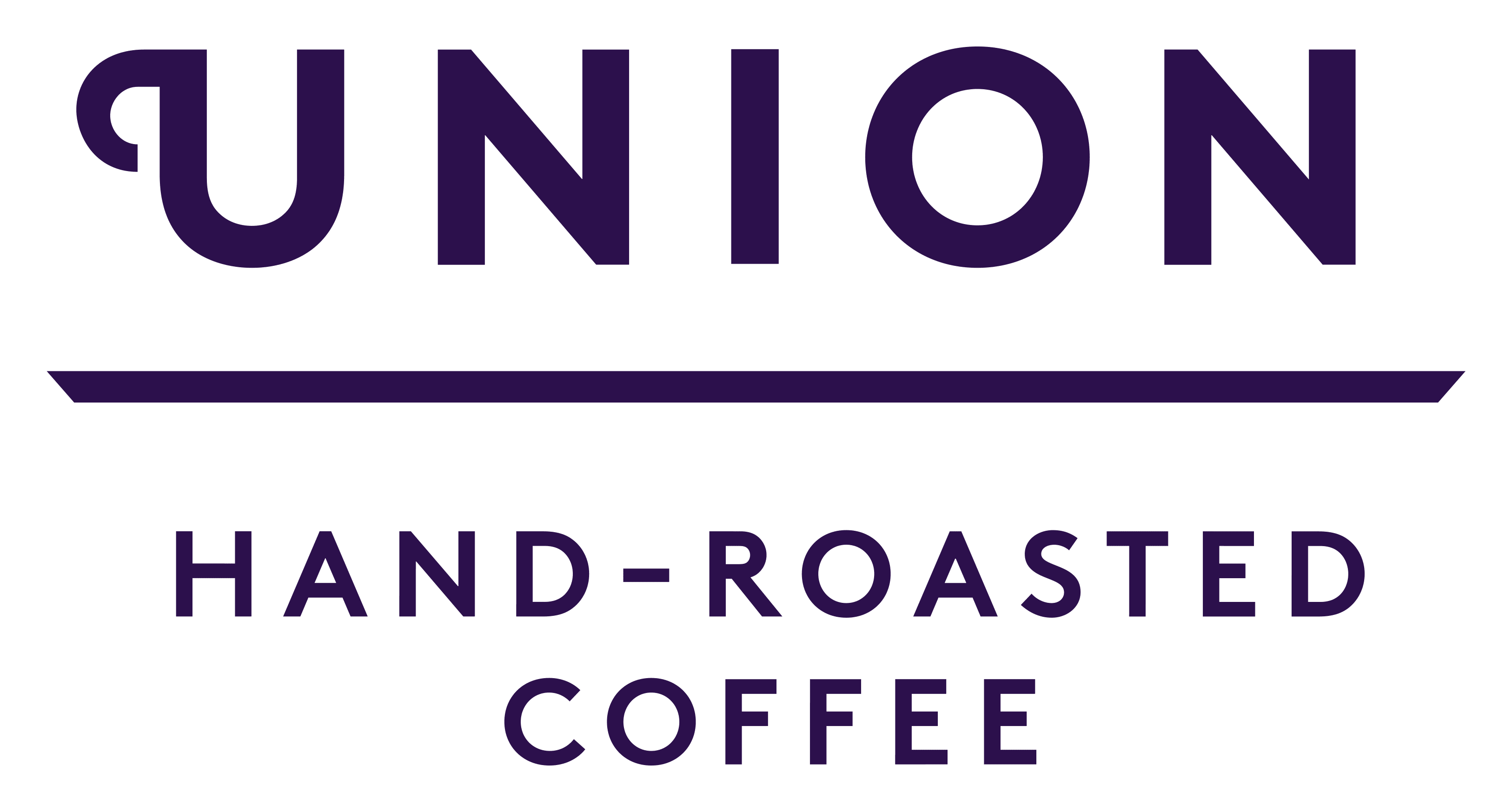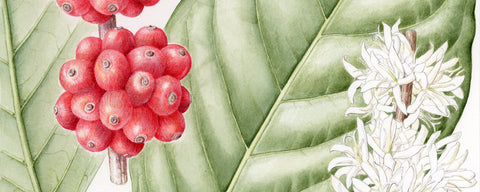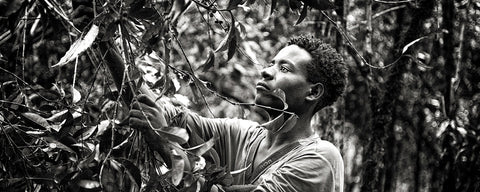First Published - March 7, 2018 (By Violeta – Managing Director)
Women are driving coffee production forward around the world. We’re proud of the many women whose work makes this a reality at Union. This International Women’s Day I wanted to tell the stories of the women of Union…
GUATEMALA – THE CHANGING ROLE OF WOMEN IN COFFEE
Iliana Martinez, General manager of the Esquipulas Coffee Co-Operative in Guatemala, believes the role of women in the coffee industry is changing. “Latin America is considered the cradle of machismo. When I first started working in the industry, the majority of managers in Guatemala were men. It was rare to see women working in the field, receive payment or recognition for their work”, she says.
Today, women in the cooperative are recognised and receive payment. Under Iliana’s leadership, the co-operative has grown and today it exports coffee from more than 200 members, of which 25% are female, to the UK, Japan and Italy.
And Iliana is not the only one. Around the world, there is a rising trend for women driving coffee production forward.
We believe that this trend is of vital importance to ensuring women’s access to equal ownership and employment conditions, and we’re working hard to empower women at all levels of the supply chain, all the way from seed to cup
Pascale, Our Coffee Sourcing and Sustainable Relationship Manager, witnesses first-hand the rewards Union’s work with coffee farmers provides. “International Women’s Day gives us the opportunity to reflect on the many women who make Union Hand-Roasted Coffee a reality, and on the true impact Union has had at origin.”
We link sustainable best practice with the quality of the coffee through our Union Direct Trade model. The cooperatives we work with in Rwanda, Colombia, Guatemala, Nicaragua, Honduras and Ethiopia all have women in senior leadership positions, from managers to female cuppers (coffee tasters). Working closely with suppliers, we visit origin countries several times a year to build strong, open relationships and ensure its strict standards are being met.
RWANDA – SUPPORTING FEMALE PRODUCERS
In Rwanda, Union supports female producers in the Maraba and COCAGI cooperatives, where accessing formal training can be hard, especially for women. As a result, income for coffee farmers has tripled. To celebrate International Women’s Day, we have developed a new Microlot coffee, Cocagi Kivu, produced exclusively by 42 women in the region. By providing equal opportunities, it’s enabled women in the region to use the money to start a small business, send their children to school and pay their children’s health insurance.
GUATEMALA – BEE PROJECT
In Guatemala, one of Union’s initiatives, the Guatemala bee project, encourages single mothers to start their own microbusinesses and improve self-sufficiency through introducing bee farming on the coffee farms (bees play a significant role in coffee pollination). This not only empowers women, but it also allows for additional income, improved autonomy and financial stability.
UK – Women in leadership
In the UK, gender equity is also firmly embedded across all levels of our business. Nearly 40% of Union’s employees are women, ranging from the Head of Coffee Education at Campus, Edita Chodarcevic, to Kerttu, Marketing Director, to myself, Managing Director.
So are women the future of the coffee industry? It is important to generate programmes that recognise the work of women in coffee and we have prepared a gender strategy to do just that”, explains Iliana. “But there is still a long way to go and changing traditional perspectives is definitely the first step.
The Women in Coffee
Iliana Martinez, General Manager, Esquipulas Cooperative, Guatemala
“My brother and I loved harvesting coffee, we were always looking for a lucky “cuache” bean (a twin bean). We would harvest and harvest, going from tree to tree looking for that one lucky bean. We loved picking coffee, because a good harvest meant our father could buy vegetables for the family and we would receive school supplies.”
“I later moved on and studied to become a teacher. When I was 21, I returned to Huehuetenango from university to work on a local project. Coffee was the most logical choice. We started a project, which included 18 municipalities, 300 samples and an in-depth study looking at coffee quality in the region. With this information we started the Slow Food Project (with the help of the Italian Development Cooperation). The study found that the region and our coffee was eligible for ‘’Presidium Slow Food’’, – a special recognition.”
“Whilst working on these projects I learned a lot from my colleagues and acquired a lot of experience – but I still didn’t fully understand the potential coffee had for our community until I met Steven, one of the founders of Union, and Pascale, who helped us determine the cost of production. The support of Union has helped us follow our own path with the Esquipulas collective. Today we are exporting the coffee from more than 200 smallholders, and our coffee is enjoyed in the UK, Japan and Italy.”
Venantia Mukakalisa, Member of the Maraba Cooperative, Rwanda
Widowed in the Rwandan genocide, Venantia took over the family coffee farm and started to focus on growing high-quality coffee in order to support her young children. In rural Rwanda, coffee is often the only cash crop for the families. Venantia was featured as ‘the face of Rwandan coffee growers’ in Union’s packaging in 2002 when the first Rwandan speciality coffee was launched. She has worked with Union ever since, having transformed her family’s financial situation through coffee, and Union has also supported her son through university.
“Back when I first joined the Maraba Cooperative, there weren’t as many women in our collective and we didn’t realise the importance of producing quality coffee. With Union’s support, there are more women now and we produce better coffee, making a significant difference to our lives”, she explains.
Pascale Schuit, Coffee Sourcing and Sustainable Relationship Manager, Union Hand-Roasted Coffee
Born in Holland Pascale, 29, came to Union, in her words “by accident”. Whilst studying for her MSc in International Development Studies at Wageningen University (the Netherlands), the then 22-year-old along with fellow students developed a monitoring and evaluation system for Union’s Direct Trade System.
Pascale’s role encompasses many areas of farming, trading and people. Her grounding from her MSc has been essential for fully understanding the socio-economic environments, human rights and international development aspects of the job. On a day to day basis, Pascale is responsible for farm visits – advising on and monitoring management practices and assessing buying conditions with farmers as well as quality control at all of the farms by ‘cupping’ (the art of coffee tasting) at origin.
“Visiting origin countries is a real eye opener. There are still challenges to overcome but it is great to see so many women on the boards of cooperatives we work with. Historically this hasn’t always been the case and we are hoping this positive trend will continue!”
Try the New Microlot Cocagi Kivu
Cocagi Kivu is a Rwandan microlot, grown by 42 female members of COCAGI, with whom Union has been working since 2006. This year, when tasting the coffee that forms our single origin Cocagi Gashonga, this microlot stood out as something really special. Best brewed as filter, you can experience a soft citrus acidity upfront with tangerine notes, candied lemon undertones and a sweet caramel finish. This light roast Bourbon varietal is among the top few per cent of the world’s highest quality coffee. Cocagi Kivu is available for from www.unionroasted.com with an RRP of £7 for a limited time only.










